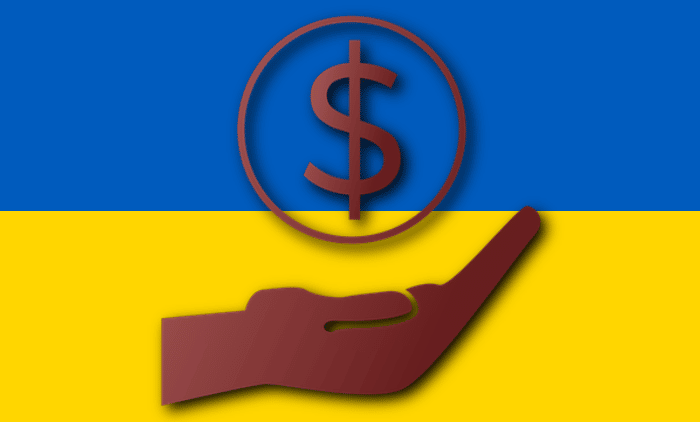Russia will again reduce oil production in 2024
[ad_1]
Russia’s oil production quota will decrease by 650,000 barrels per day in 2024 as part of the OPEC+ agreement. This follows from the decisions taken at the meeting of representatives of the OPEC+ countries in Vienna on June 4.
At the same time, according to Russian Deputy Prime Minister Alexander Novak, Russia does not refuse the voluntary obligation to produce 500,000 barrels of oil per day less than the quota.
In 2023, Russia’s quota is 10,478 thousand barrels per day, in 2024 it will be reduced to 9,828 thousand (and taking into account the voluntary reduction – to 9,328 thousand).
At the same time, the quota of Saudi Arabia, the largest OPEC country, for 2024 remained unchanged – 10,478 thousand barrels. In total, the OPEC+ countries agreed to reduce the level of oil production by approximately 1.5 million barrels per day in the coming year, without taking into account the voluntary reduction commitments undertaken by individual countries.
The reduced goal is to stop the drop in oil prices on the world market. Saudi Arabia will reduce its production rate by 1 million barrels per day for a month in order to achieve price growth.
At the press conference after the OPEC+ meeting, Novak said that there are no differences between Russia and Saudi Arabia.
Earlier, The Wall Street Journal, with reference to sources, wrote that Saudi Arabia is dissatisfied with Russia’s actions in the field of oil production, believing that Moscow does not adhere to its obligations under OPEC+ to reduce oil production. In Riyadh, as the publication claimed, they believe that Russia continues to supply the world market with more crude oil than was agreed, and this leads to stagnation of oil prices, while Saudi Arabia would like to increase them.
- OPEC+ is an informal organization that unites countries that are part of the International Organization of Petroleum Exporting Countries (OPEC), where Saudi Arabia plays a leading role, and a number of states that are not members of OPEC, including Russia.
- Last year, Western countries introduced restrictions on the import of Russian oil, as well as the so-called price ceiling. Moscow, however, continues to actively sell its oil to countries that have not joined the sanctions.
[ad_2]
Source link



